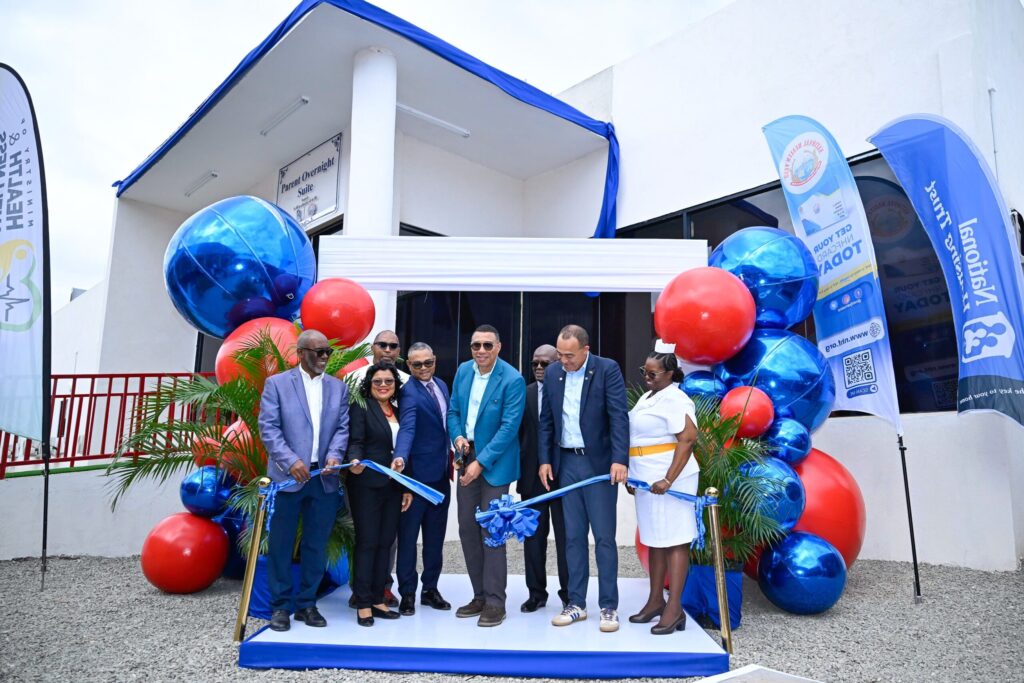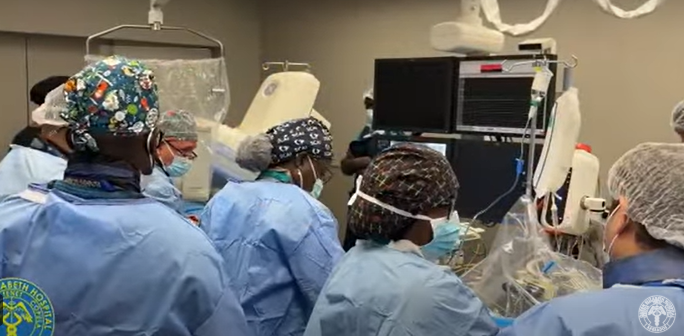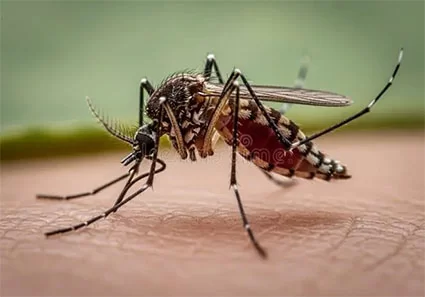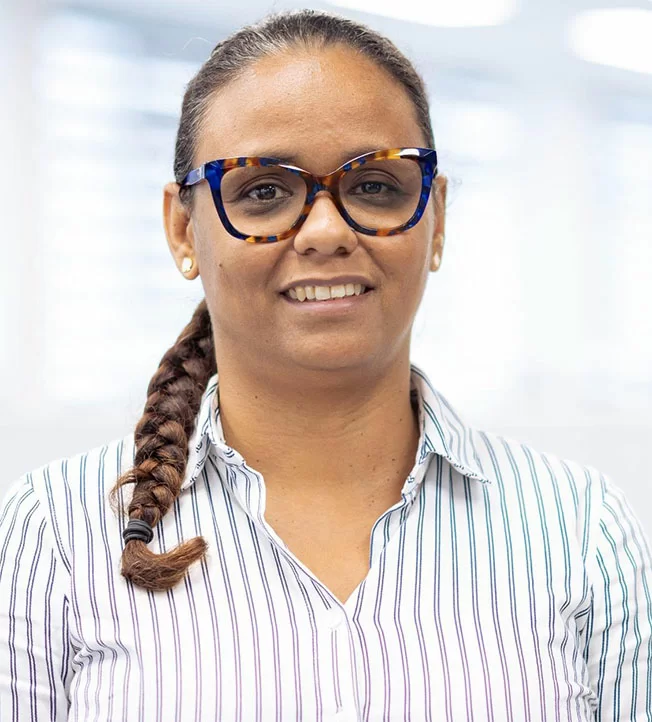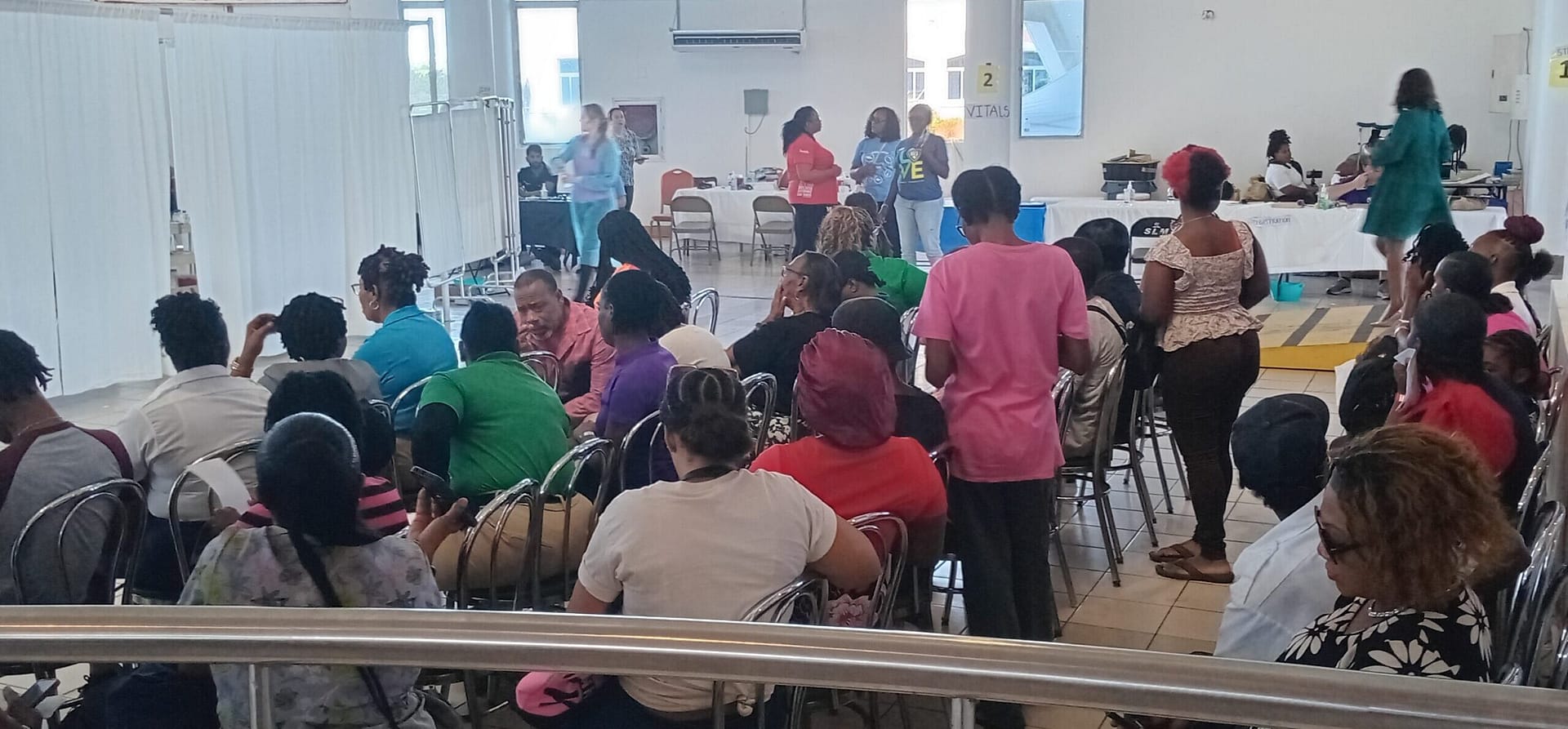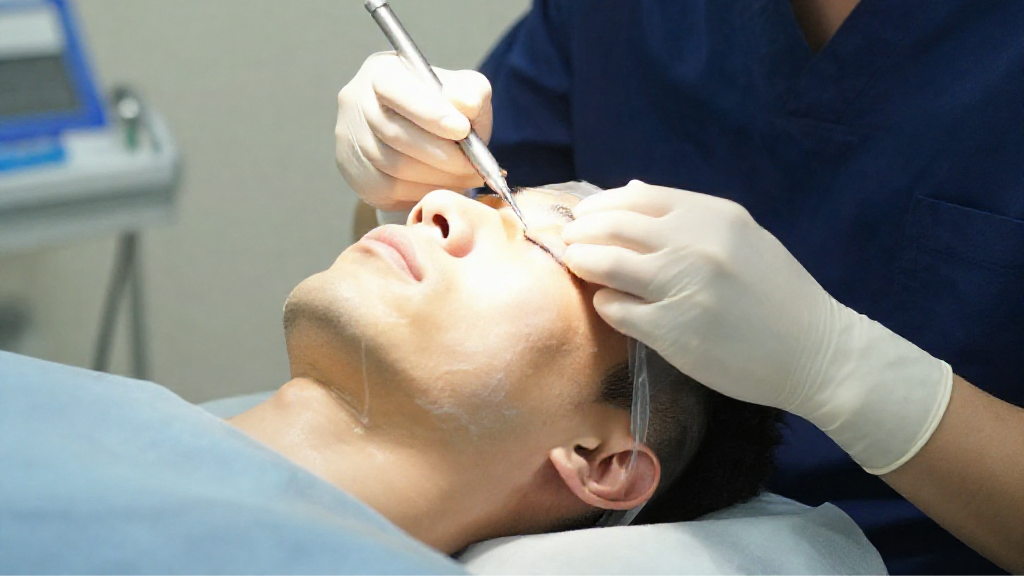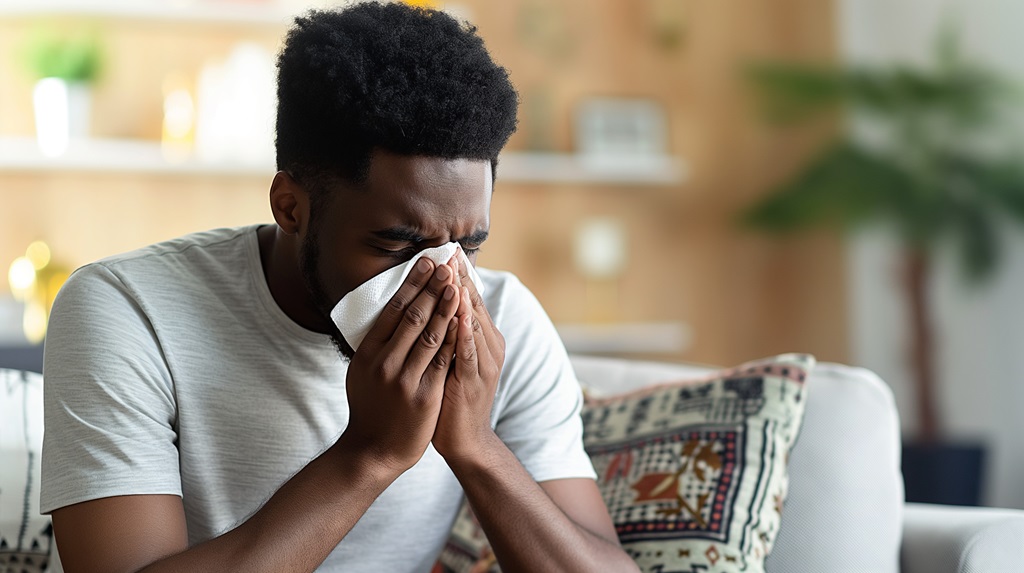KINGSTON, Jamaica — A landmark healthcare facility designed to revolutionize family-centered pediatric care officially commenced operations at the Bustamante Hospital for Children following its inauguration by Prime Minister Andrew Holness on Friday.
The newly constructed 36-bed parent overnight suite, developed through a collaborative partnership between the National Housing Trust (NHT), National Health Fund (NHF), and South East Regional Health Authority (SERHA), represents a significant advancement in Jamaica’s healthcare infrastructure. With an investment exceeding $140 million, the facility addresses the critical need for comfortable accommodation enabling parents and guardians to remain proximate to hospitalized children throughout their treatment journey.
While prioritizing service to families traveling from overseas or distant Jamaican parishes, the suite extends comprehensive amenities to all visiting relatives. The modern complex features thoughtfully designed restrooms, a functional kitchenette, comfortable lounge areas, and private spaces dedicated to breastfeeding. Administrative functionality is ensured through incorporated office space for facility management and a conference room facilitating medical consultations between healthcare professionals and families.
Prime Minister Holness articulated the philosophical underpinnings of the project during the opening ceremony, emphasizing: “Parents are not visitors in their child’s recovery; they are partners in it. They represent the familiar voice in an unfamiliar environment, the reassuring presence during moments of fear, and the steadying influence that promotes emotional security. Sometimes they constitute the medicine that transcends pharmaceutical prescription.”
The initiative addresses the deterioration of previous facilities that no longer provided adequate restorative environments for families. As Bustamante Hospital has expanded its medical capabilities and patient volume over decades, the demand for modernized family support infrastructure became increasingly pressing.
Health Minister Dr. Christopher Tufton characterized the development as both “long anticipated and urgently required,” noting the hospital’s unique status as the Caribbean’s premier pediatric institution serving children up to age twelve. He emphasized that maintaining modernization parallels the hospital’s clinical excellence, describing the suite as “another critical milestone achievement” in Jamaica’s healthcare evolution.
Operational management and maintenance responsibilities for the new facility will be administered by SERHA, ensuring sustained quality service delivery for families navigating children’s healthcare challenges.
